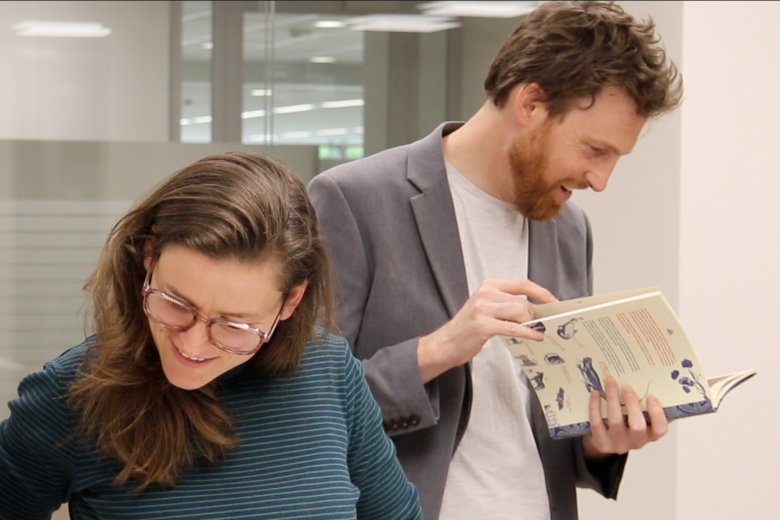Randwyck Library and the river of knowledge
Monique Notermans and Meike Kerkhofs-Welkenhuizen witnessed the vision behind a modern library come to life.
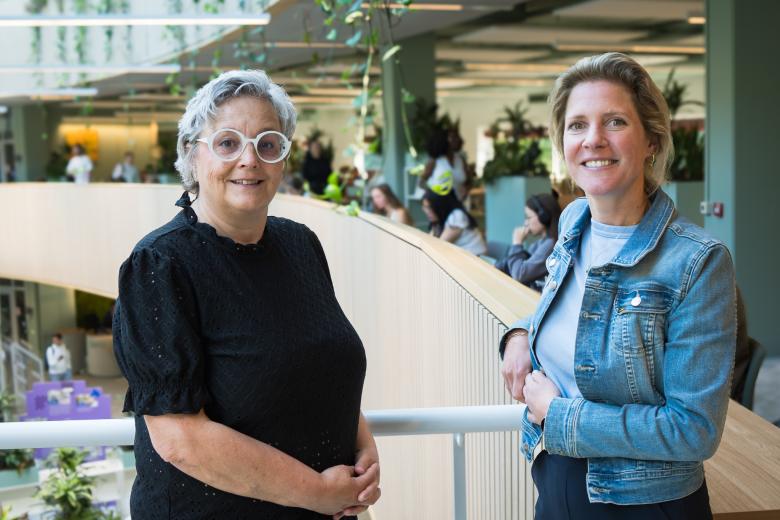
Monique Notermans and Meike Kerkhofs-Welkenhuizen witnessed the vision behind a modern library come to life.

M-EPLI PhD researcher, Blessing Eze, is examining the role of private documents in regulating global value chains.
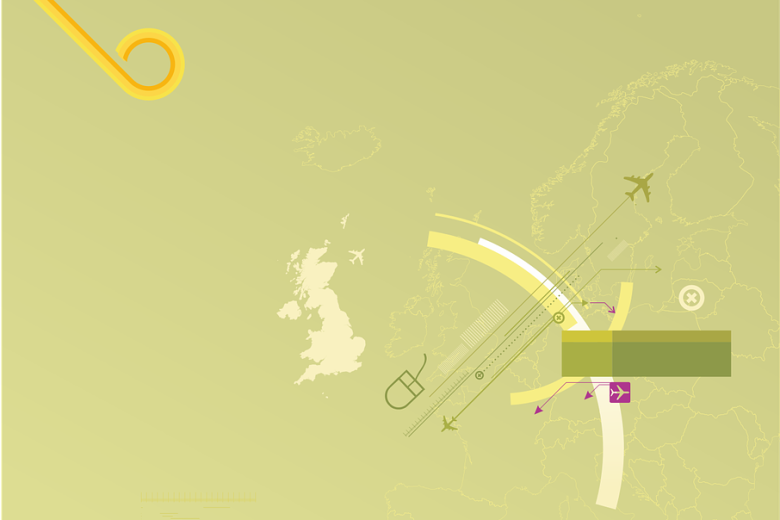
During the MHPE Campus Period last month we welcomed a new cohort of MHPE students and enjoyed seeing back those who are starting up their Master thesis projects. We are now preparing to hand over to a new MHPE Management Team that will take over on the 1st of September 2025.
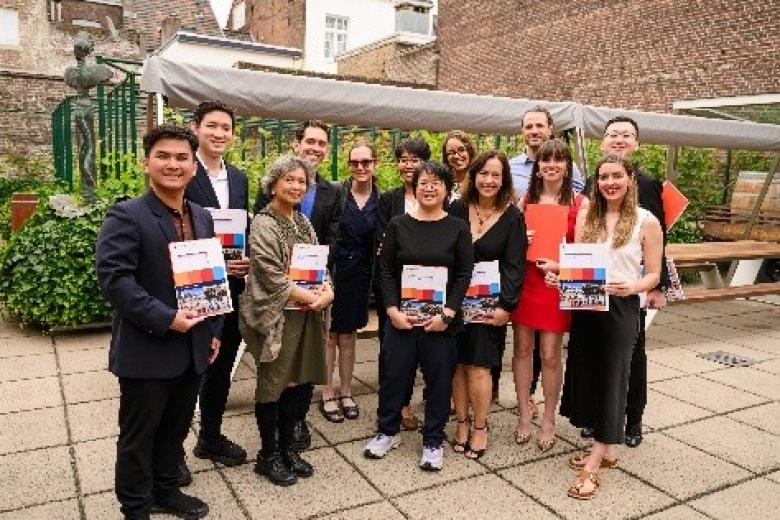
We are proud to share that Maastricht University School of Business and Economics has been recognised as a top-ranked institution in the CEO Magazine 2025 Green MBA Rankings.
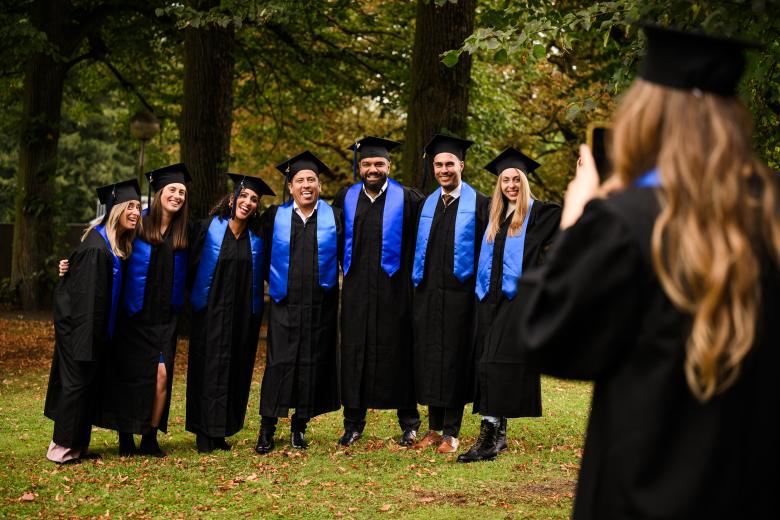
As of 1 July 2025, Pamela Habibović, UM’s Rector Magnificus, will join the Executive Board of Universities of the Netherlands (UNL).

ITEM enters new phase within UM Faculty of Law from 2025.
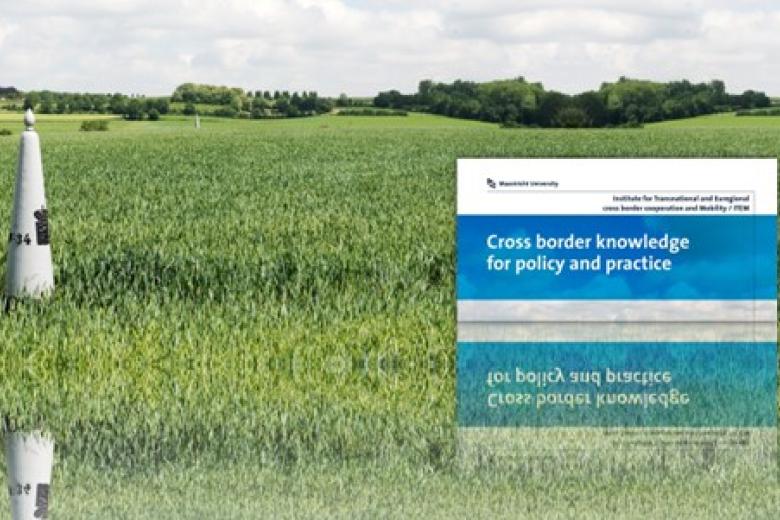
The Young Universities for the Future of Europe (YUFE) Alliance has successfully concluded its YUFE Ideas Lab, a six-month international incubation programme designed to foster innovation and entrepreneurship among students.
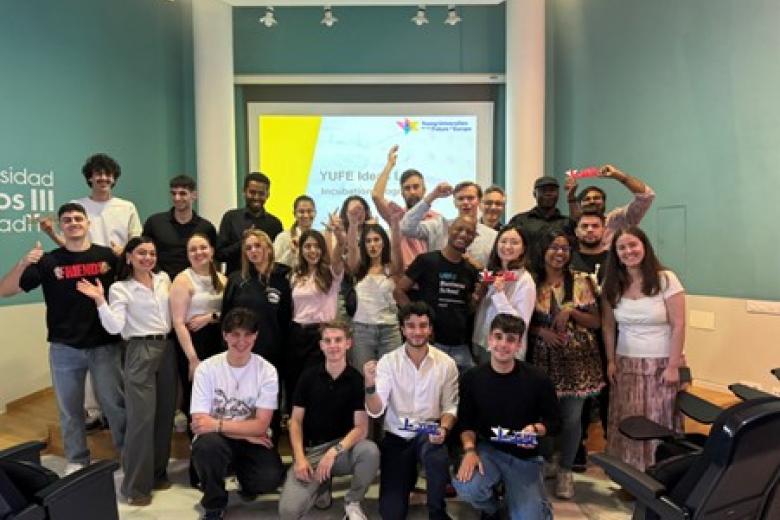
The IGIR seminar series will be launched after the Summer break. Our aim is to offer a nice and friendly environment for staff members and visiting researchers to present their ongoing research.

What attracts international students to Limburg? And what does the Brightlands ecosystem mean for their education, research and future? In this series, we speak with students from all over the world who are shaping their careers at or through Brightlands. Lazar Barta is one of these students.

Writer Frank Nellen and researcher Suzanne Kooloos are joining forces to delve into the special book collections of Radboud University and Maastricht University. Their research will serve as inspiration for a joint artistic project. The writer and researcher will be given free rein and will report...
